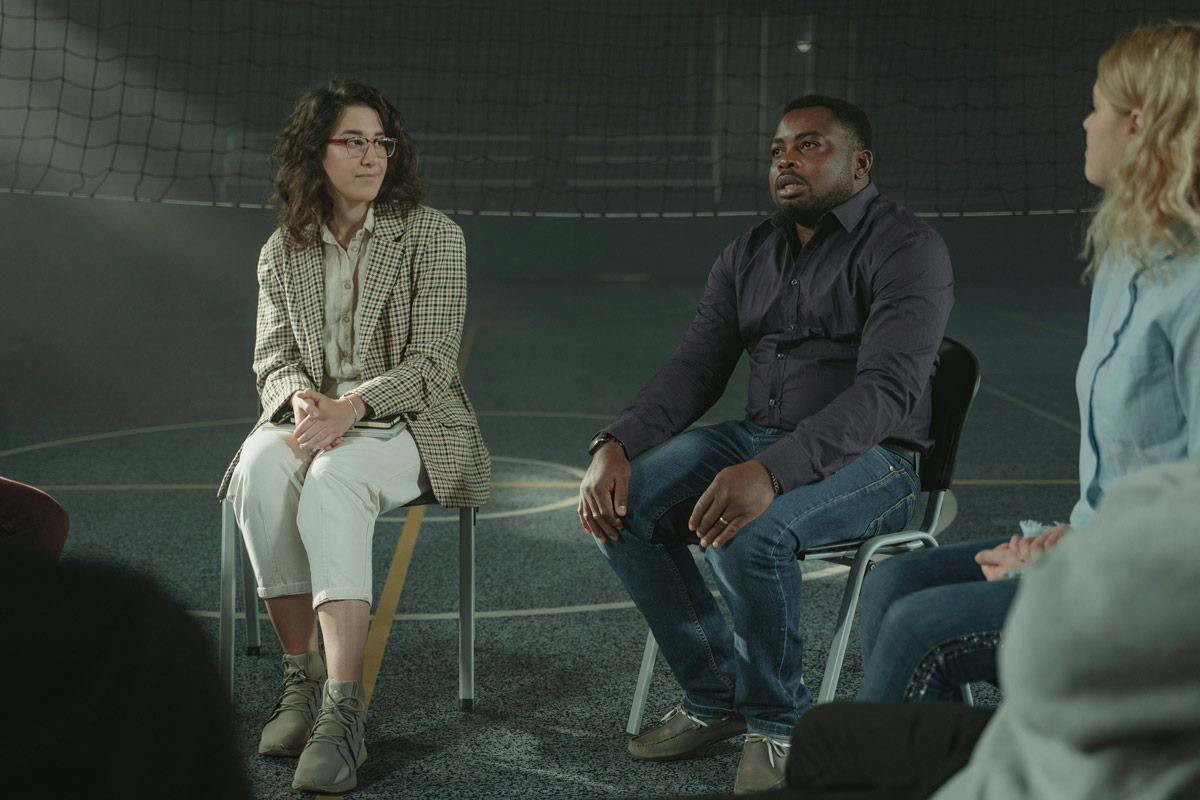Laurel House, Inc., is accepting applications for the 4th Annual Social Work Racial Equity Scholarship. One $10,000 Scholarship and one $5,000 Scholarship will be awarded for the 2025/26 school year. Online applications may be submitted from 3/15/25 to 5/15/25
Supportive Services for Young Adults & College Students with Mental Health Conditions
Get help finding treatment providers and resources to help them thrive in school and independent living.
Failure to Launch:
Helping Young Adults Launch in Life
Help for young adults with dependency issues to launch and thrive in life. We can help.
Resources to Recover
Placing individuals and their loved ones at the center of mental health care
We offer a free online service that helps people connect with expert treatment and support. Contact a Resource Specialist Now for free personalized help, support, and referrals to mental health providers in your community.
Learn More About this ServiceOur Latest Blogs
The Family Touch
The Family Touch is a short video about the journeys of two families facing serious behavioral health challenges. Through better and worse, our Resource Specialists are there to provide guidance and support to families and their loved ones who are struggling.












